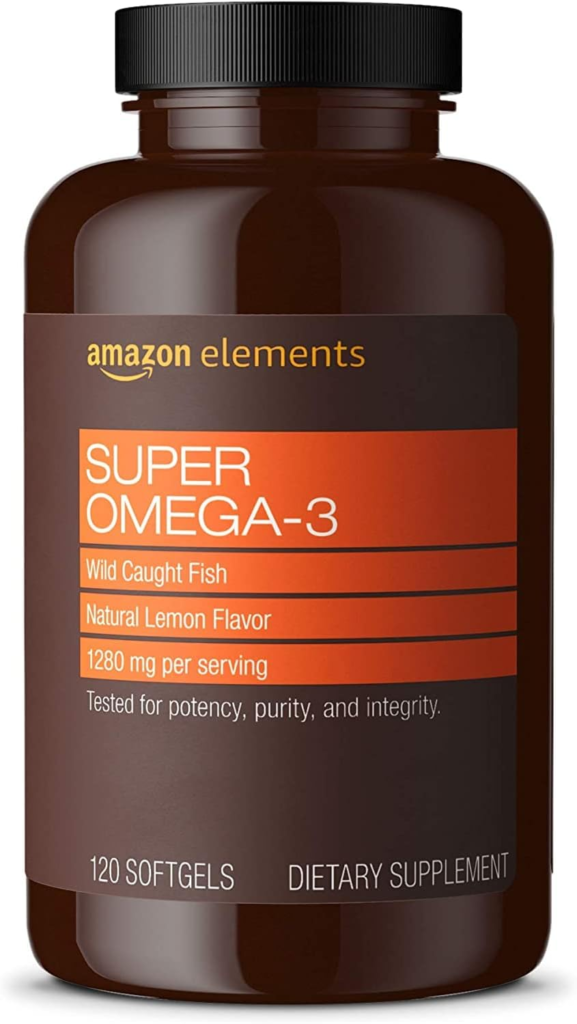Omega-3 fatty acids have long been celebrated for their cardiovascular benefits, but recent research is shedding light on their crucial role in mental health. These essential fats, particularly EPA (eicosapentaenoic acid) and DHA (docosahexaenoic acid), are now recognized as vital for cognitive function, emotional stability, and the prevention of neurodegenerative diseases.
Why Omega-3s Are Essential for Mental Well-being
Omega-3s are integral components of brain cell membranes, enhancing their flexibility and communication capabilities. A deficiency in these fatty acids has been linked to mood disorders, such as depression and anxiety, and cognitive decline in older adults.
- EPA: Plays a significant role in reducing inflammation, which is often linked to mental health conditions.
- DHA: Supports brain structure and function, contributing to sharper memory and improved focus.

Scientific Evidence: What Do Studies Say?
A recent meta-analysis published in Translational Psychiatry concluded that individuals with higher intakes of Omega-3s experienced reduced symptoms of depression by up to 30%. Furthermore, studies show that Omega-3 supplementation significantly benefits individuals with ADHD by improving focus and impulse control.

Sources of Omega-3s: Natural and Supplementation
Natural Sources:
- Fatty fish: Salmon, mackerel, sardines, and herring.
- Plant-based options: Chia seeds, flaxseeds, and walnuts.
Supplements:
High-quality Omega-3 supplements are an excellent option, especially for individuals who cannot meet their needs through diet alone. Look for products with a balanced ratio of EPA and DHA and third-party certifications for purity.

Omega-3s and Emerging Trends
The rise of plant-based diets has spurred the development of algae-derived Omega-3 supplements. These products are sustainable and suitable for vegans, providing an eco-friendly alternative to fish oil.
Additionally, new formulations combining Omega-3s with other brain-supporting nutrients like curcumin and phosphatidylserine are gaining traction for their synergistic effects.
Final Thoughts
Integrating Omega-3 fatty acids into your diet is not only a step toward better physical health but also a powerful tool for supporting mental and emotional well-being. Whether through diet or supplements, ensuring adequate Omega-3 intake can pave the way for a healthier, more balanced life.




